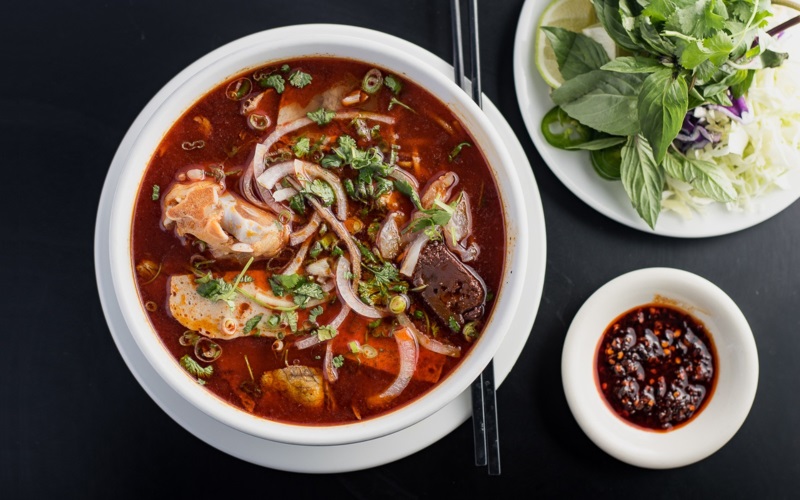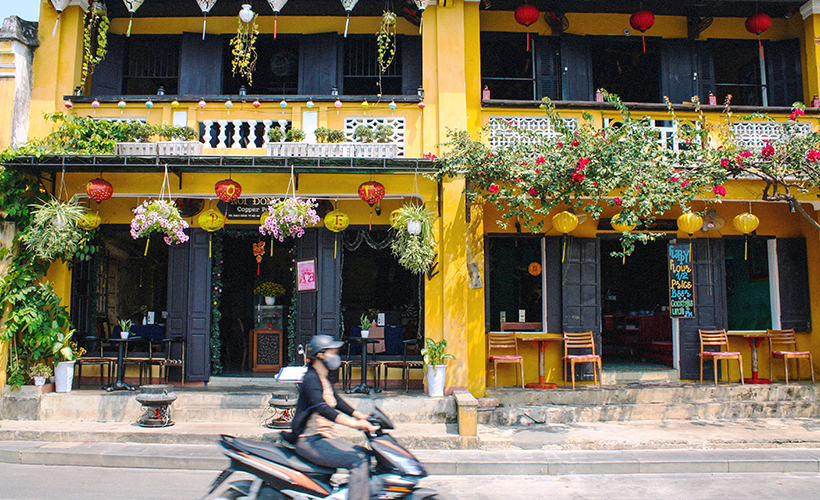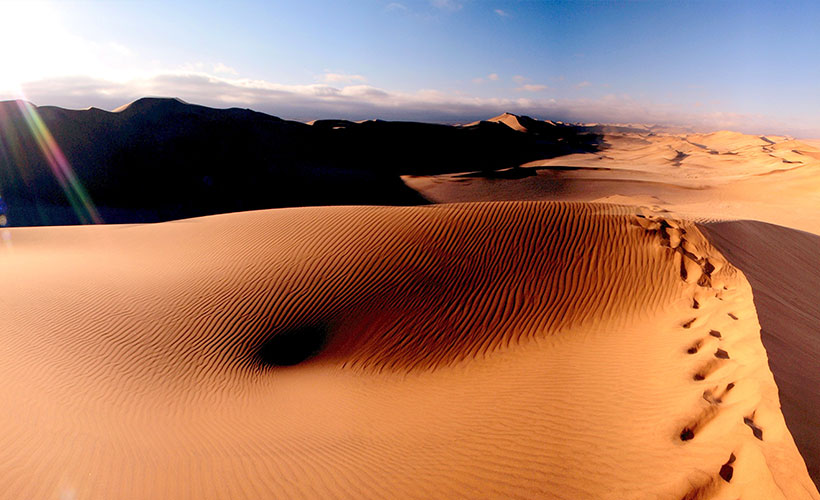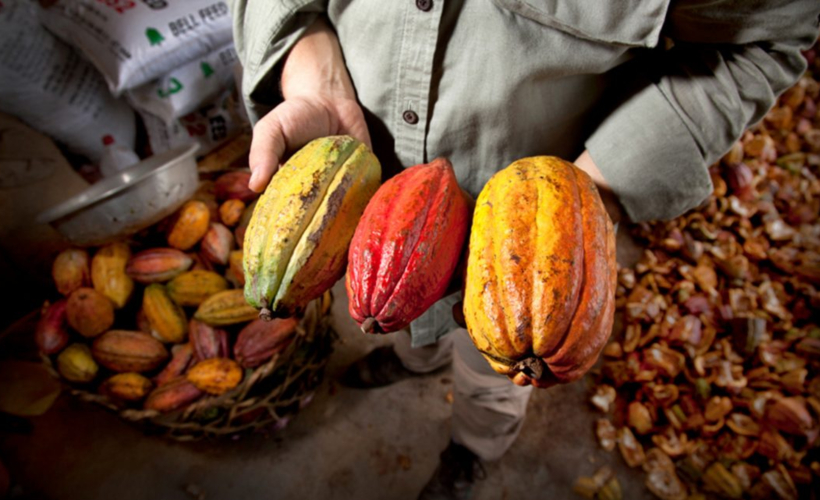
Vincent Mourou left a successful advertising career in San Francisco and took off to Vietnam, where he met Samuel Maruta, who was taking a break after a decade in banking. Together, they started Marou, an artisan chocolate company based in Ho Chi Minh City, Vietnam.
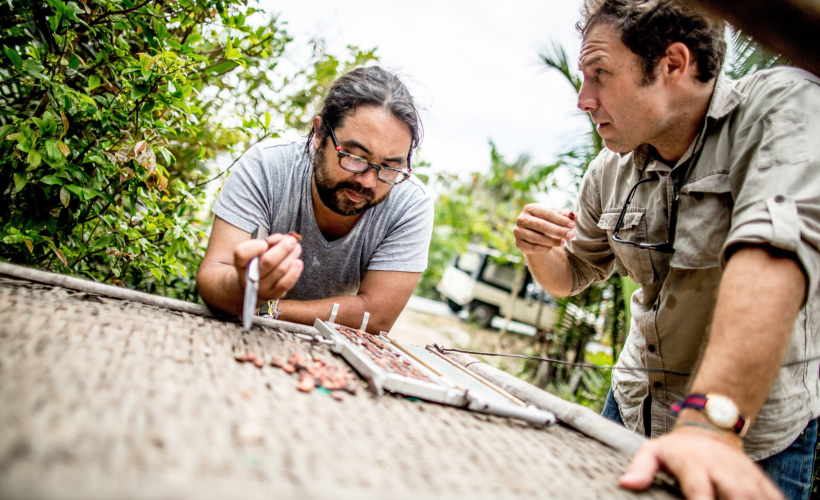
Founded in 2011, Marou is still involved in every step of the chocolate-making process, relying on local cacao farmers who supply the beans. Mourou and Maruta travel throughout Vietnam, tasting the cacao bag by bag. They also have a close working relationship with the farmers, whom they consider family.
“The farmer is our most important partner. We wouldn’t be here without them,” says Mourou. “A lot of the farmers we work with were trained by USAID, and the skills and training they received has enabled us to get great cacao,” he adds, referring to the US Agency for International Development.
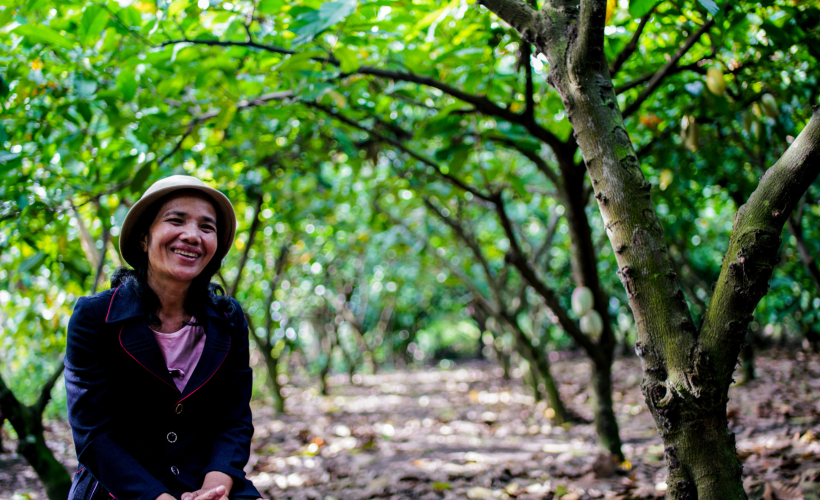
HBim B’Krong, a cacao tree grower from Dak Lak, is among those who’ve received USAID training. Now, cacao is her main source of income. She gives back to her community by training fellow farmers on cacao techniques.
The programme began in 2003 in Vietnam and still runs today. It’s a partnership between USAID, the US Department of Agriculture, the non-profit ACDI/VOCA, local governmental and nongovernmental organisations, and private sector partners, including the World Cocoa Foundation and its member companies.
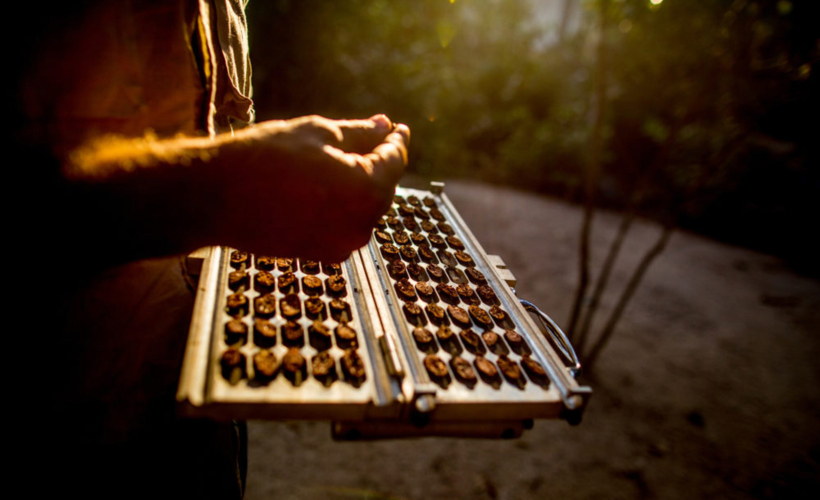
The programme has trained nearly 22,000 smallholder farmers in southern Vietnam and the Central Highlands in cacao production using sustainable cropping practices. It increased smallholder farmers’ incomes in Vietnam, and improved their livelihoods by promoting cacao production and marketing. It also established cacao bean quality standards and provided monitoring and training to ensure farmers meet and maintain a level of cacao bean quality that is required by the global market.
“It’s not just about a commodity. It’s about exchange, and it’s about people coming together,” says Mourou.
**This article was republished with permission from Share America.
